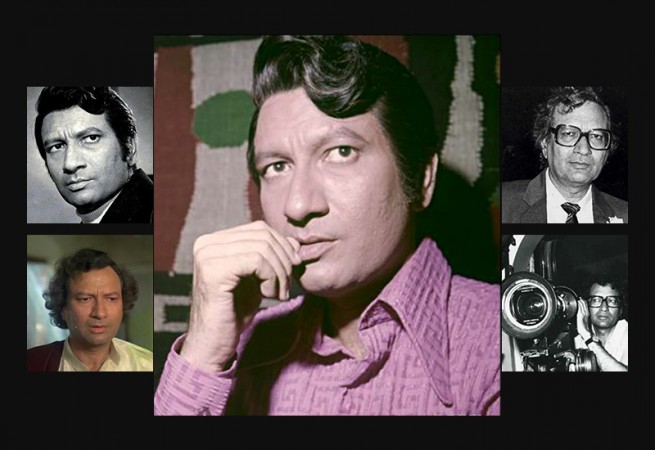
Vijay Anand, frequently referred to as the "Goldie" of Indian cinema, was a rebellious director who made a lasting impression on Bollywood with his original storytelling and outstanding directing abilities. Vijay Anand's journey in Bollywood was a tapestry of originality, innovation, and cinematic talent as a multifaceted filmmaker, actor, and screenwriter.
Vijay Anand, who was born in Gurdaspur, Punjab, on January 22, 1934, was the younger brother of renowned actor and director Dev Anand. He was introduced to the power of storytelling at a young age because he spent his childhood in the world of film. Vijay Anand joined Navketan Films, his brother's production company, as a scriptwriter and assistant director after completing his studies.
In 1957, Vijay Anand made his feature film debut as a director with the criminal thriller "Nau Do Gyarah," which starred Dev Anand and Kalpana Kartik. Vijay Anand gained recognition as a potential director with a distinctive style thanks to the movie's box office and critical success. With well-received movies like "Tere Ghar Ke Samne" (1963) and "Kala Bazar" (1960), he further demonstrated his prowess.
A number of timeless classics were produced as a result of the renowned partnership between Vijay Anand and his brother Dev Anand. His career was forever changed when he appeared in the R.K. Narayan novel adaptation "Guide" (1965). Vijay Anand's talent as a visionary director was demonstrated by the picture, which not only won critical praise but also got international attention.
Vijay Anand was renowned for his ability to experiment with a variety of genres. He had a great diversity in narrative, ranging from crime thrillers like "Jewel Thief" (1967) to romantic comedies like "Tere Mere Sapne" (1971) and "Chhupa Rustam" (1973). His movies were known for their captivating stories, complex plots, and catchy music, frequently created by the famous Sachin Dev Burman.
Vijay Anand was a renowned director who used creative storytelling approaches. His films stand apart from the norm thanks to his use of symbolism, non-linear storylines, and intriguing plot twists. He was also an expert at getting the best performances out of his actors, leaving an enduring impression on the audience.
The contributions Vijay Anand made to Indian cinema were internationally recognized. Numerous honors and prizes were given to him, including the Filmfare Award for Best Director for "Guide." His movies have endured, inspiring and influencing modern filmmakers to this day.
Vijay Anand's career in Bollywood was evidence of his love of the movie industry and his unrelenting quest for artistic quality. He was a pioneering filmmaker who broke new ground in narrative and left behind a body of work that will stand the test of time. One of the most renowned directors in the history of Indian cinema, he was able to create compelling stories and had a strong aesthetic sense. The films of Vijay Anand will always be treasured as gems in the crown of Indian cinema because of his influence on Bollywood, which is still felt today.
Anil Dhawan: The Journey of a Veteran of Bollywood